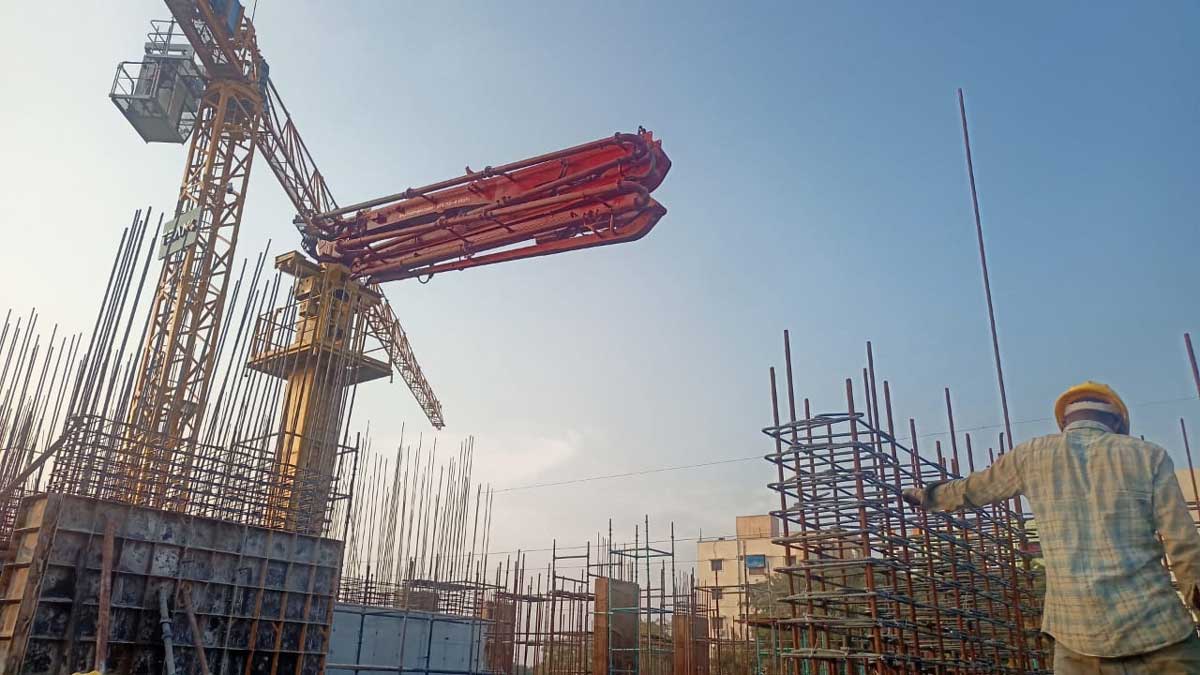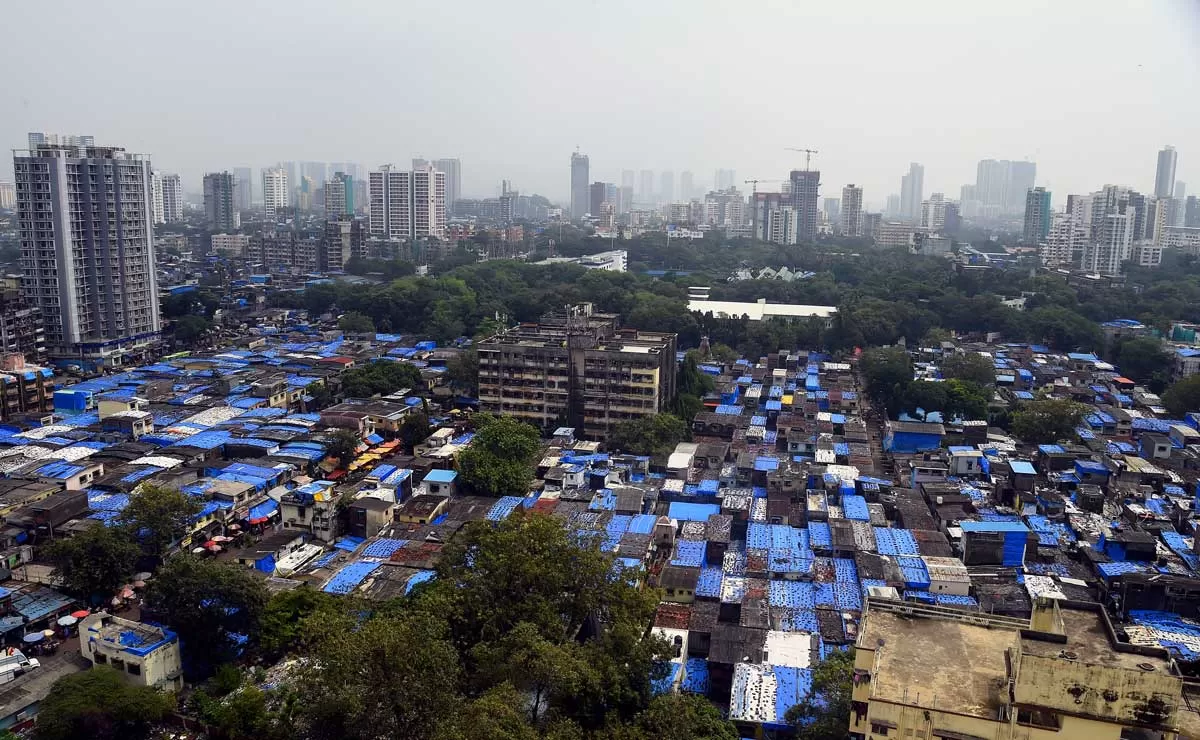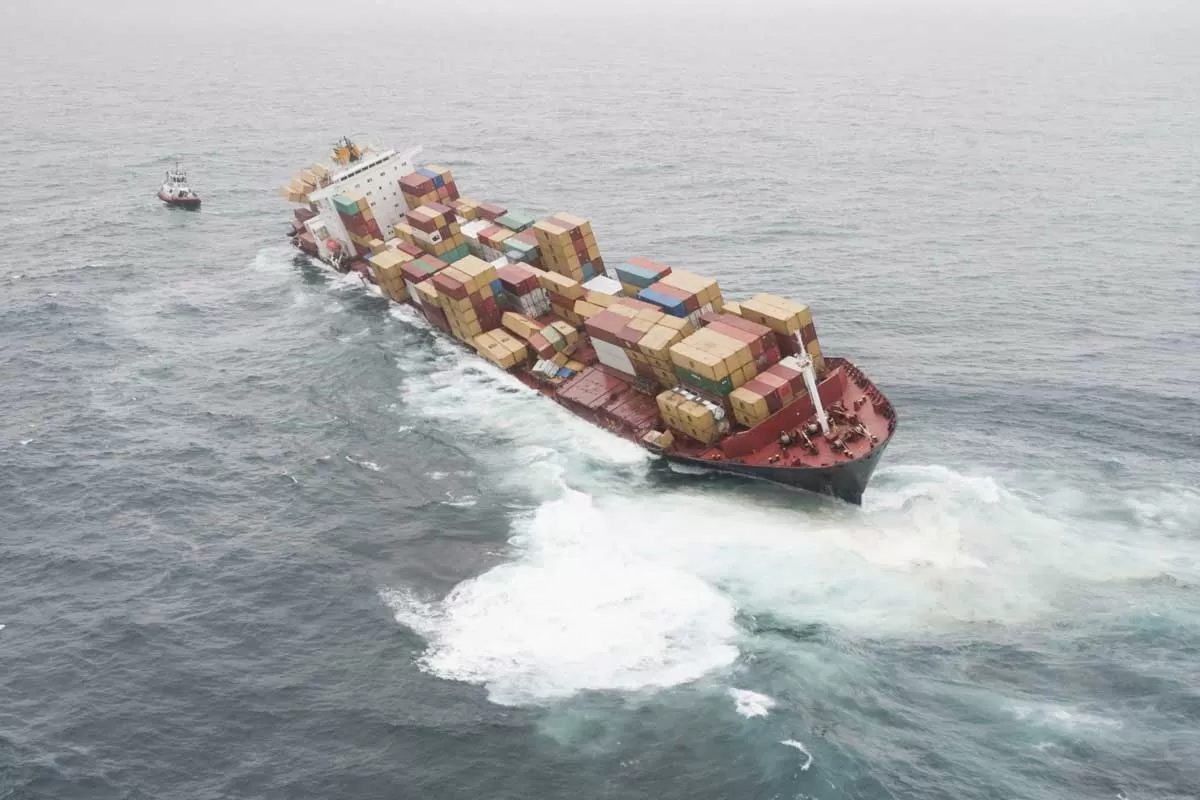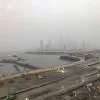

Dharavi Rising
Dharavi, Asia’s largest informal settlement, stands on the cusp of a historic transformation. With an ambitious urban renewal project finally taking shape, millions of residents are looking ahead with hope. But delivering a project of this scale brings immense challenges – from land acquisition to rehabilitate ineligible residents outside Dharavi and rehabilitation to infrastructure development. It also requires balancing commercial goals with deep-rooted social impact. At the helm is SVR Srinivas, IAS, CEO & Officer on Special Duty, Dharavi Redevelopment Project (DRP), Government..

MLDL Records 20.4% Growth in Pre-Sales
Mahindra Lifespace Developers Limited (MLDL), the real estate and infrastructure development arm of the Mahindra Group, announced its financial results for the quarter ended March 31, 2025. In line with INDAS 115, the company recognises revenues using the completion of contract method. Key highlights FY25: Consolidated sales (Residential and IC&IC) of Rs 32.99 billion. Gross development value (GDV) additions in FY25 were Rs 1.81 trillion compared to Rs 440 billion in FY24 (~4x growth). Residential pre-sales of Rs 28.04 billion in FY25, reflecting 20.4% growth o..

UCSL Delivers India's First Green Cargo Vessel to Norway
In a landmark achievement for Indian shipbuilding and the Atma Nirbhar Bharat initiative, Udupi Cochin Shipyard Limited (UCSL), a subsidiary of Cochin Shipyard Limited (CSL), has delivered the first of six next-generation green cargo vessels to Norway-based Wilson Ship Management AS, Europe’s largest short-sea shipping operator. The 3,800 DWT vessel, named Wilson Eco 1, was handed over during a ceremony at New Mangalore Port. The delivery is part of a Rs 5.06 billion project supported by Norway’s green maritime funding programme, marking India's entry into the European eco-friendly ca..














